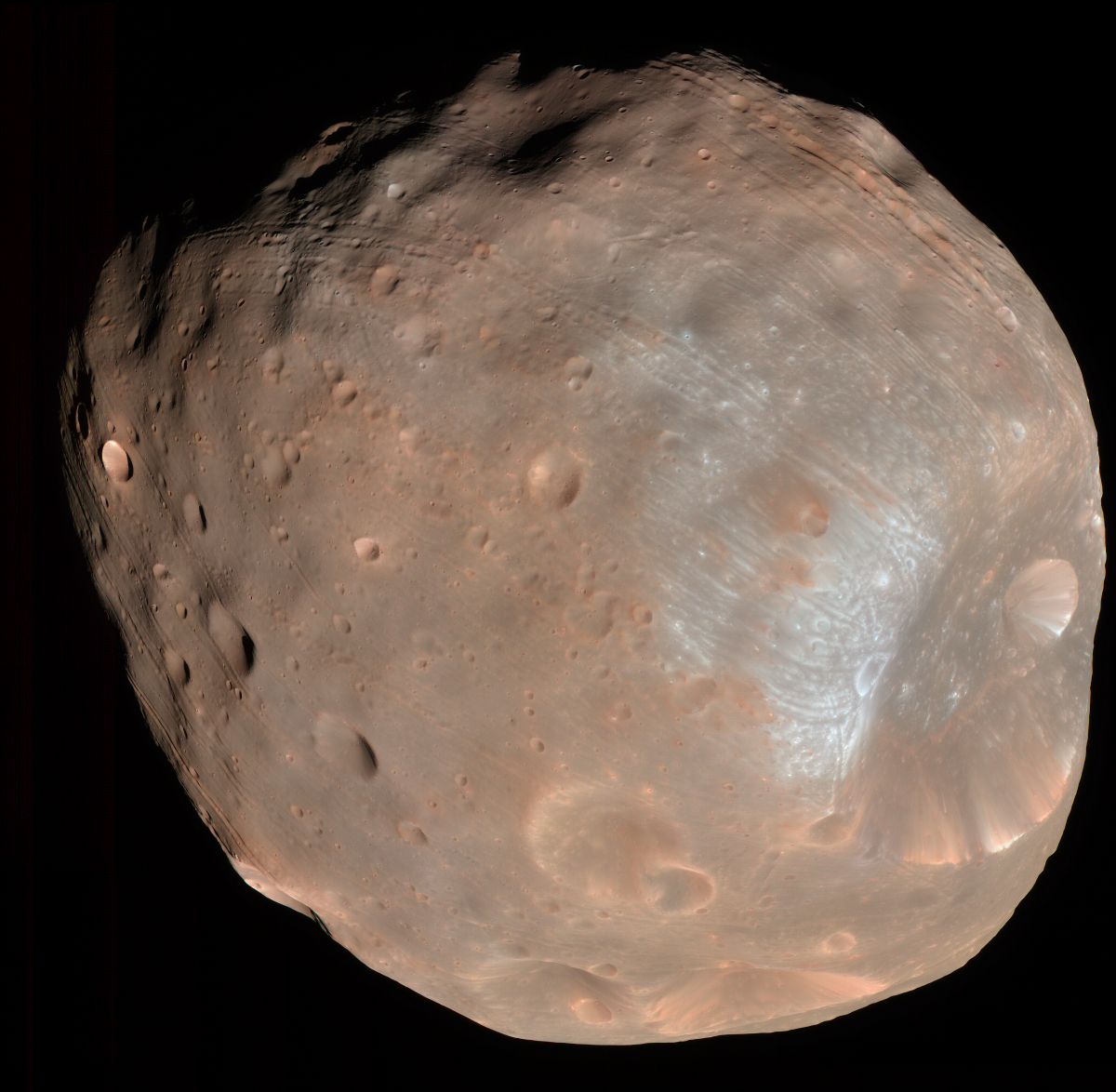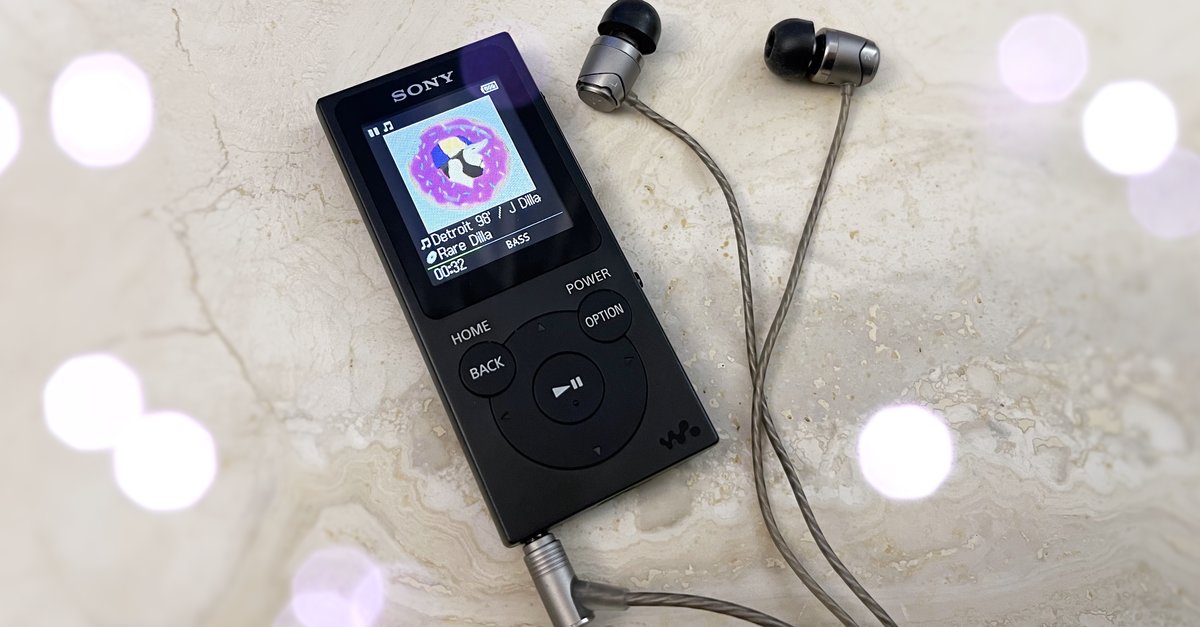Japan is also looking for life on Mars
Mars moon Phobos. (Image: HiRISE, MRO, LPL – U. Arizona – NASA)
In addition to the ongoing Mars mission by Nasa and Esa, a Japanese mission wants to examine rock samples from Mars or its moon Phobos for traces of life.
Mars rover Perseverance recently failed in its first attempt to take rock samples from the Red Planet. However, further drilling is planned. Together with Esa’s Earth Return Orbiter, NASA plans to bring samples back to Earth by the end of this decade and examine them for traces of past life. The Japanese space agency Jaxa plans to start a similar project soon, but on the Martian moon Phobos.
Contents
Japanese spacecraft will fly towards Mars in 2024
One in the trade magazine Science published report Japanese Jaxa scientists Ryuki Hyodo and Tomohiro Usui will use the Martian Moons Exploration space probe, which is still under development. According to the plan, the spacecraft should set off for Mars in September 2024. Almost a year later, the landing on Phobos is planned. There should Martian Moons Exploration take a sample of ten to 100 grams of soil.
Subsequently, several fly-bys of the second Martian moon Deimos are planned. The samples should arrive on earth in 2029. There they will then be examined for possible traces of earlier life on Mars. In their article, the scientists also explain in detail why the Japanese space mission takes the samples directly from Phobos and not from Mars.
Looking for traces of microbiological life
In a nutshell: On the Martian moon, the scientists reckon with rock materials that were hurled out into space when asteroids hit Mars and then landed on Phobos or Deimos. These could have traces of microbiological life that was previously possible on Mars.
Water or an atmosphere, on the other hand, are not suspected on Phobos. Even if they did not find any traces of life, according to the researchers, the samples from Phobos and Mars could help decipher the question of why there is no (longer) life on Mars, but there is on Earth.



